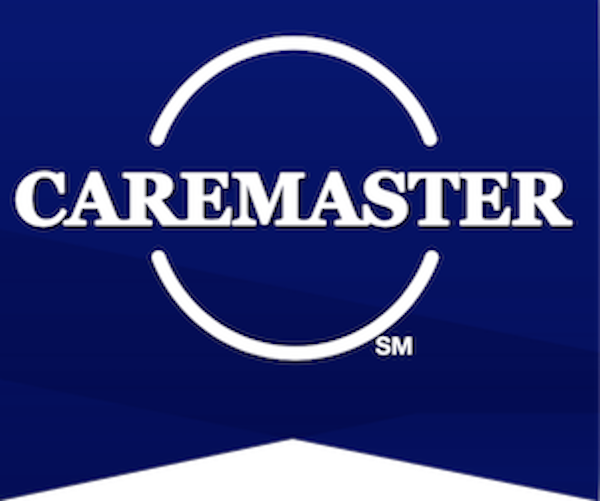Our definitions
PERSONAL CARE
Personal care services means assistance with Activity of Daily Living (ADLs) that aim to help anyone who needs daily care assistance. CAREMASTER personal care services include bathing, dressing, grooming, toileting, medication reminders, taking vital sign and recording, meal preparation, monitoring client’s condition, mobility assistance, companionship, engagement in art, reading and games, light housekeeping, transportation, and respite care for family relief.
medication reminders
Why are medication reminders important? A new study of older adults shows more than half take five or more medicines a day, yet few take their medications the right way. Not using enough medicine was found to be a serious problem with major health. CAREMASTER caregivers can help with self-administrated medications by reminding seniors to take meds on time. This can help avoid skipping a dose, taking the wrong medications, or taking an extra does due to seniors forgetting if they took it earlier.
meal preparation
Healthy eating is an important part of healthy aging. Many seniors neglect their nutritional needs as it’s too much work. Some may just open a can or pop a TV dinner on the microwave, or some may eat junk food as a meal. CAREMASTER caregivers can prepare meals so seniors can enjoy eating healthy meals without having worry about the plans and preparation. Also, CAREMASTER caregivers can make sure any dietary restrictions are followed, and can prepare healthy meals.
companionship
Companion care service is for clients who live independently and do not need much assistance with their Activity of Daily Living. Companionship is important for seniors. It promotes better mental and physical health and helps seniors function independently in their own home environment. CAREMASTER caregivers can provide daily support for seniors who need emotional, mental, and physical support.
fall prevention
According to the Centers for Disease Control and Prevention, each year millions of people age 65 and older fall. One in four older adults fall every year, but less than half tell their doctors. Falling once can double the chances of falling again. CAREMASTER recognize the importance of fall prevention and has developed training, oversight and procedures to help reduce the chances of injury.
around-the-clock assistance
Around-the-clock assistance is a live-in care service. It is 24-hour care that allow seniors to remain in their own home. CAREMASTER caregivers provide care services in client’s home in shifts that range from 12 or 24 hours to several days or a full week.
dementia care
People with dementia or Alzheimer’s can live successfully in their homes with the proper safety measures and supports in place. CAREMASTER caregivers can help by providing assistance in adapting the home environment to make it safer and by offering supervision and care for the client as well as support and respite for family caregivers.
respite care
Respite care is temporary care service for the families who need a break from taking care of their loved ones on a daily basis. CAREMASTER caregivers can provide a break for family members to allow time away from full-time care giving. While the family members take a break, their loved ones can continue to get dependable assistance and companionship.
hospice care
Home care can be a beneficial supplement to hospice care by managing the daily household tasks that have become difficult or tiring, assisting with personal cares, family respite and overnight caregiving to allow family members to get much needed sleep with the peace of mind that their loved one is not alone.
safeguard visit
Safeguard visit offers safe and secure home care services for seniors who live alone, but do not require daily care assistance with everyday activities. Daily care assistance such as bathing, dressing, toileting, meal preparation, housekeeping, etc. CAREMASTER caregivengrs can visit seniors once or twice a week to check to make sure everything is okay will suffice. Protecting the senior health and well-being is important.
Below is the safeguard checklist for each visit:
Medication check and reminders
Checking food supply and possible food spoilage
Checking toiletries
Brief home safe check to prevent falls
Creating shopping lists
Take out the trash
Light tidying up
Check windows, locks and lights
Concierge services (scheduling appointments etc.)
Companionship (conversation and activities)
Watering indoor plants


